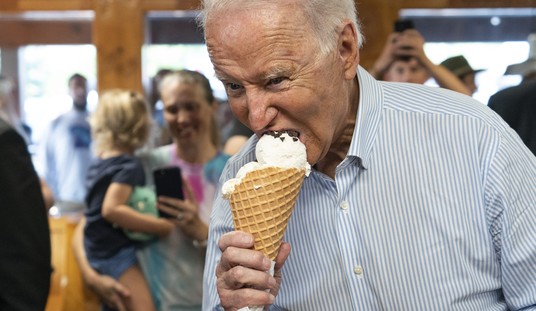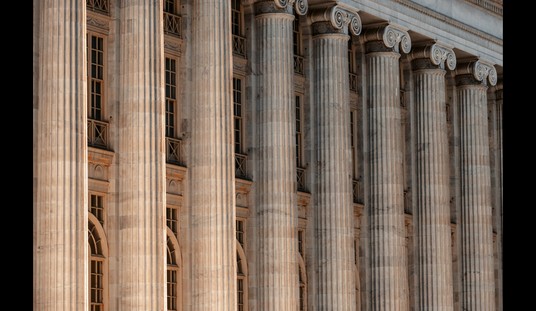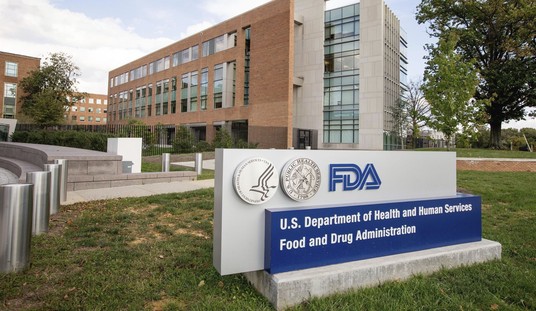There have been those who suggest that WikiLeaks is just part of the propaganda arm for Russia.
Think about it, the file-sharing site seems hyper-focused on spilling all of the United States’ beans, but they don’t really focus on any other nation with the same fervor.
A new report is adding to that suspicion. According to Foreign Policy, during the 2016 election, WikiLeaks had a treasure trove of information on the Russian government that they refused to touch, in order to stir the pot and release DNC emails.
Through an anonymous source and chat messages, FP was able to uncover the information.
WikiLeaks declined to publish a wide-ranging trove of documents — at least 68 gigabytes of data — that came from inside the Russian Interior Ministry, according to partial chat logs reviewed by Foreign Policy.
The logs, which were provided to FP, only included WikiLeaks’s side of the conversation.
“As far as we recall these are already public,” WikiLeaks wrote at the time.
“WikiLeaks rejects all submissions that it cannot verify. WikiLeaks rejects submissions that have already been published elsewhere or which are likely to be considered insignificant. WikiLeaks has never rejected a submission due to its country of origin,” the organization wrote in a Twitter direct message when contacted by FP about the Russian cache.
Of course not.
The actual info being provided to them dealt with Russian military and intelligence operations in the Ukraine, from 2014. The BBC had already reported on it, but what had previously been published made up less than half of the material offered to WikiLeaks, when Assange chose to turn it down.
In other words, there was more there, an expansion on the details of the Russian military’s movements and methods.
Maybe WikiLeaks isn’t in the business of meddling in military affairs and endangering service members by revealing troop movements and strategy.
Oh, wait…
“We had several leaks sent to Wikileaks, including the Russian hack. It would have exposed Russian activities and shown WikiLeaks was not controlled by Russian security services,” the source who provided the messages wrote to FP. “Many Wikileaks staff and volunteers or their families suffered at the hands of Russian corruption and cruelty, we were sure Wikileaks would release it. Assange gave excuse after excuse.”
The Russian cache was eventually quietly published online elsewhere, to almost no attention or scrutiny.
In 2010, WikiLeaks did threaten to spill on Russia, teaming with a Russian publication and promising a massive dump of information.
In November 2010, WikiLeaks began to release documents from its cache provided by Chelsea Manning, which included cables from U.S. diplomats around the world, including Russia.
Just to be clear, there is no Chelsea Manning. Bradley Manning rolled on his nation and provided those documents.
WikiLeaks partnered with the Russian newspaper Novaya Gazeta, but only a handful of stories were published out of almost a quarter of a million files from the U.S. Embassy in Moscow. Novoya Gazeta paid for exclusive access to the documents, according to John Helmer, a foreign correspondent in Moscow writing for Business Insider.
By 2012, Julian Assange was doing Russian television, with his own show on RT, and his attitude had drastically changed.
I guess money talks.
WikiLeaks also failed to report on a pretty sizable exchange between the Syrian government and Russia.
Two billion euro was transferred to a Russian-owned bank in 2012, according to court records, and put under seal by a Manhattan court.
“There’s a passing claim that the ‘500 pages’ comes from the US government’s investigation into Wikileaks,” one message from WikiLeaks reads. “If true, the US government appears to be leaking data on the Wikileaks investigation, which fabricated or angled to help HRC. Huge story that everyone missed.”
WikiLeaks again told FP that “the story is false” but did not elaborate.
When Novaya Gazeta reported in April 2016 on the 11.5 million documents known as the Panama Papers, which exposed how powerful figures worldwide hide their money overseas, Assange publicly criticized the work. He suggested that reporters had “cherry-picked” the documents to publish for optimal “Putin bashing, North Korea bashing, sanctions bashing, etc.” while giving Western figures a pass.
It was in June 2016 that Assange promised a dump of information on Hillary Clinton and the DNC. On July 22, the first of those dumps hit social media.
At the time, Assange was asked if there was anything he had on the GOP or Donald Trump.
“The problem with the Trump campaign,” Assange said at the time, “is it’s actually hard for us to publish much more controversial material than what comes out of Donald Trump’s mouth every second day.”
Well, that much is true.












Join the conversation as a VIP Member